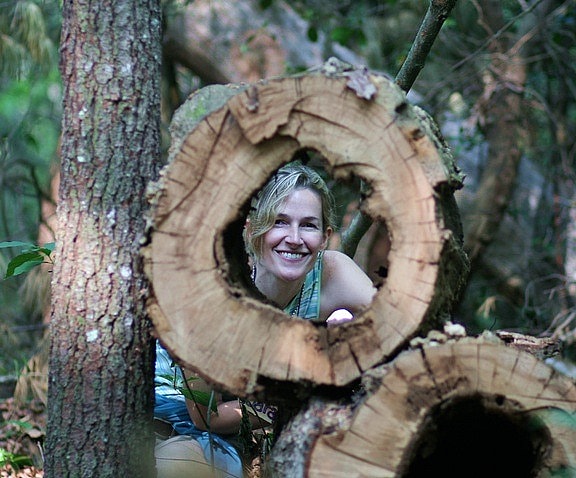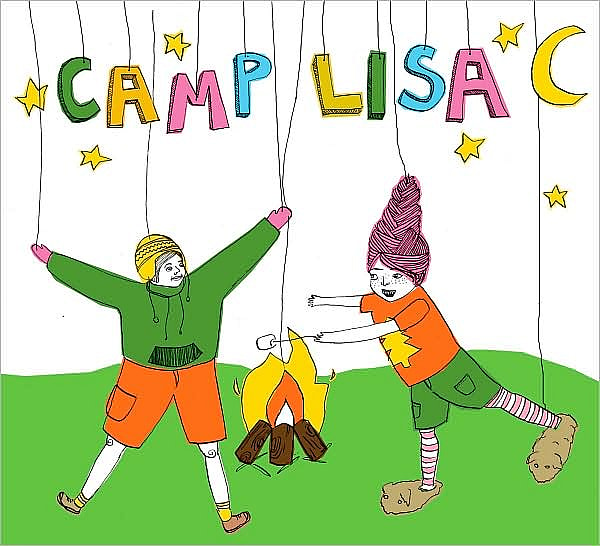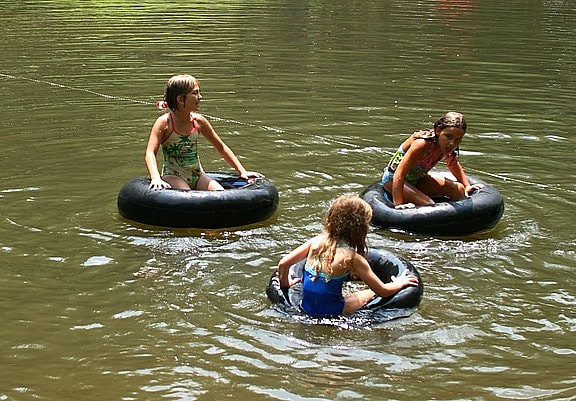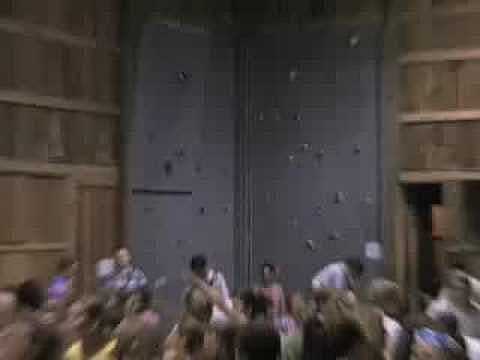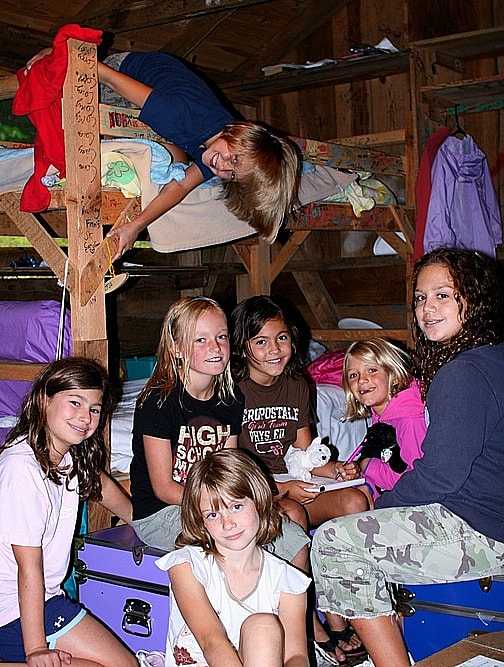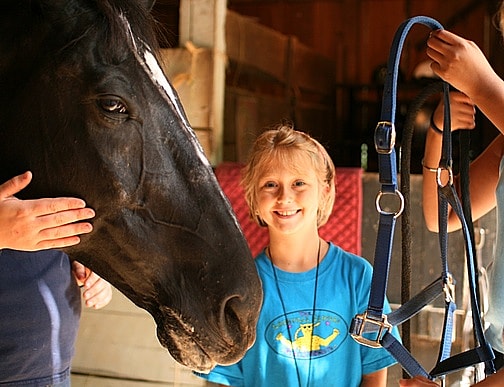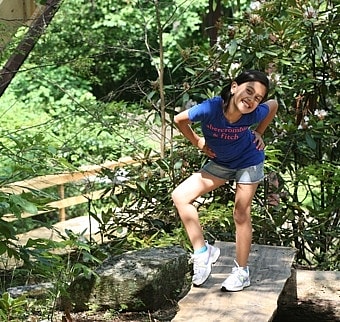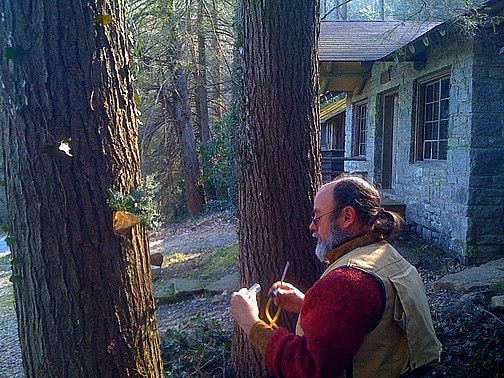Sarah Reed Carter is the Director of Rockbrook. She grew up in Winston-Salem, NC and began her Rockbrook career in 1985. Sarah thought it would be fun to be a CIT (Counselor in Training) while her older sister was a cabin counselor. So at 16, she had her first camp experience not realizing what a big part of her life Rockbrook would be years later.
Sarah returned to camp year after year while attending Trinity College in Connecticut and until starting graduate school at Vanderbilt University for her Masters of Education degree. She taught drama, worked as a lifeguard, and served almost every age group as a cabin counselor. Along the way, she met her future husband Jeff, who at the time worked as a hiking and climbing guide for camp. Sarah and Jeff were married at Rockbrook in 1996.
For the next 8 years, Sarah taught elementary school in Nashville, TN, Concord, NC, and Asheville, NC. After returning to Brevard, she became the director of a local preschool for 2 years before returning to Rockbrook to be a full-time director with Jeff.
While camp is in session, Sarah oversees camp life and communication with parents. During the off-season, she works on camper recruitment, communication with Rockbrook’s camp families, and child specific issues. She also loves spending time with Jeff and her two daughters Eva and Lily.

